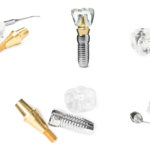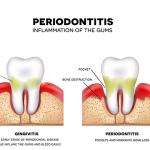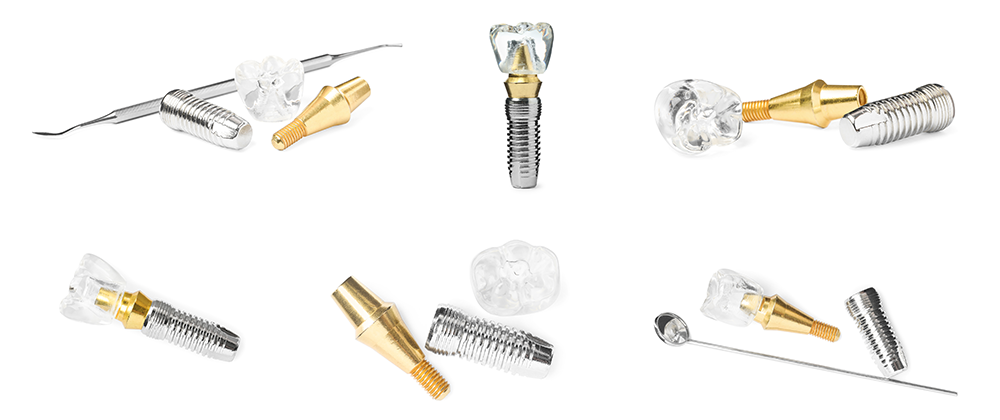
by administratio | Mar 8, 2024 | All-on-4s & All-on-6s, Dental Implants, Dental Surgery, Hybrid Bridge, Tooth Loss
The Guide to Dental Implants: Everything You Need to Know Exploring Types, Benefits, and Costs of Dental Implants, Including All-on-4 and Snap-On Dentures This page provides a comprehensive overview of dental implants, exploring what they are, their advantages, an... 
by Terri | Feb 28, 2024 | All-on-4s & All-on-6s, Dental Implants, Dental Procedures, Dental Referral Services, Dental Tourism
Exceptional Referral Services for Dental Care in Mexico Prescreening, Customized Care, and Ongoing Support for Stress-Free Dental Experiences At Beyond Borders Dental, we are committed to providing exceptional dental referral services to our clients free of charge.... 
by Terri | Feb 15, 2024 | All-on-4s & All-on-6s, Dental Implants, Dental Products & Materials, Hybrid Bridge, Implant Bridge, Tooth Loss
Revitalize Your Smile: Dental Renewal Options Exploring All-on-4s, Implant-Supported Bridges, and Snap-Ons Are you considering rejuvenating your smile with a replacement or upgrade from your old dentures? Perhaps you need multiple tooth extractions that make it feel... 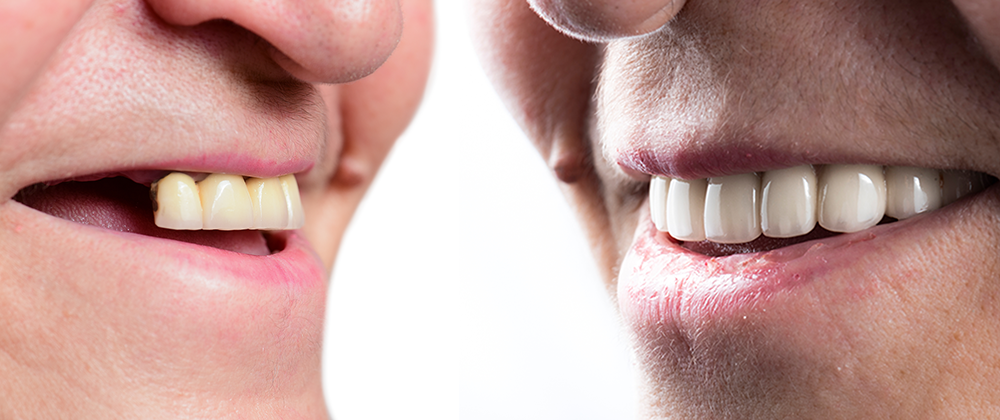
by Terri | Feb 15, 2024 | All-on-4s & All-on-6s, Dental Implants, Dental Procedures, Frequently Asked Questions
The True All-on-4 Dental Implant Procedure Understanding All-on-4 Dental Implants and the Benefits of Getting Them in Mexico The true All-on-4 dental implant procedure is actually a brand of permanent implant dentures developed by Nobel BioCare using four implants and... 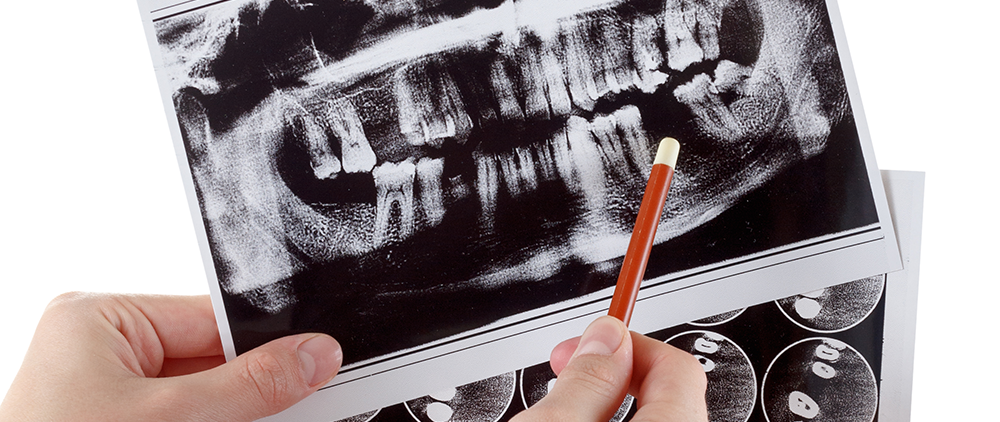
by Terri | Feb 14, 2024 | Dental Implants, Dental Procedures, Dental Restoration, Dental Surgery, Oral Health, Teeth Restoration, Tooth Loss
Exploring the Benefits and Uses of Mini Dental Implants Mini Dental Implants vs. Traditional Implants: Choosing the Right Option for Your Dental Needs Mini dental implants offer a less invasive alternative to traditional implants, ideal for those told they may... 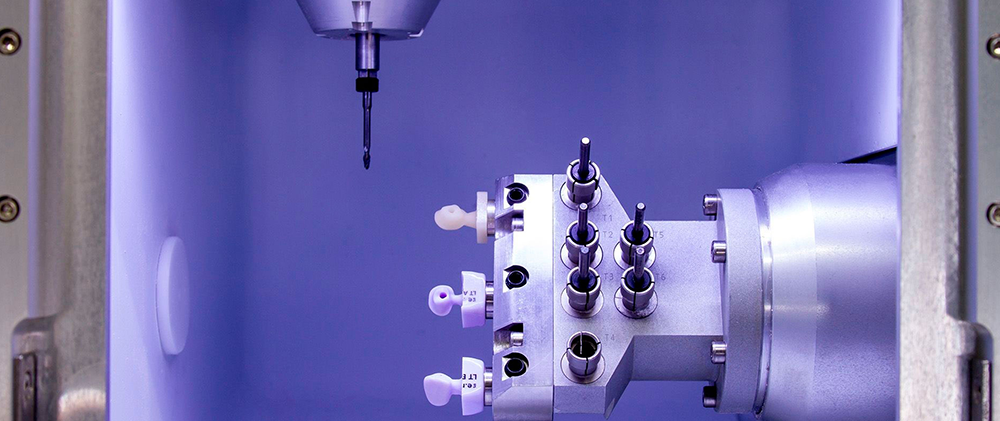
by Terri | Feb 14, 2024 | All-on-4s & All-on-6s, Dental Implants, Dental Restoration, Dental Surgery, Hybrid Bridge, Implant Bridge, Teeth Restoration, Tooth Loss
Revolutionizing Dentistry: The Power of Implant-Guided CAD/CAM Technology Precision, Efficiency, and Aesthetics: The Benefits of Implant-Guided CAD/CAM Technology for Dental Implants In recent years, implant-guided CAD/CAM technology has revolutionized dentistry. This...








